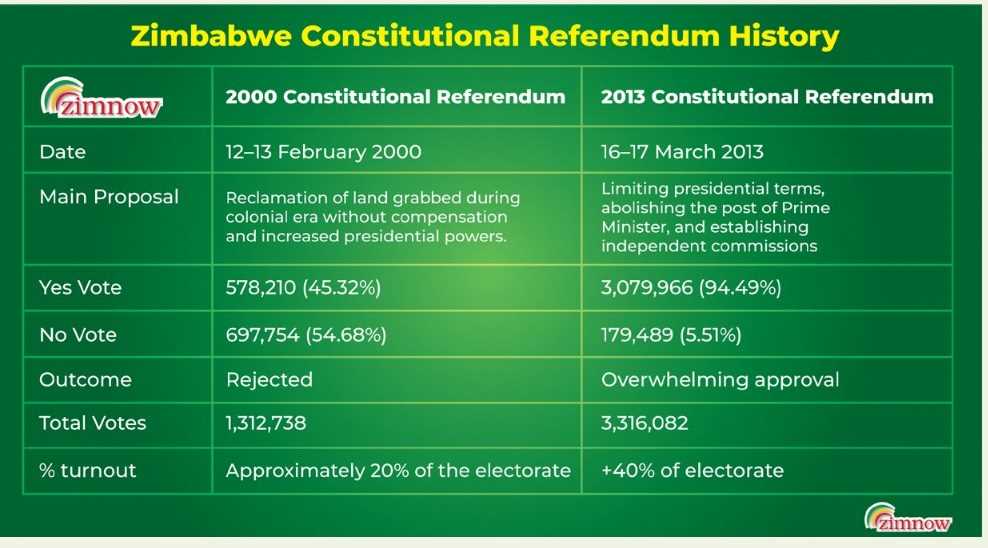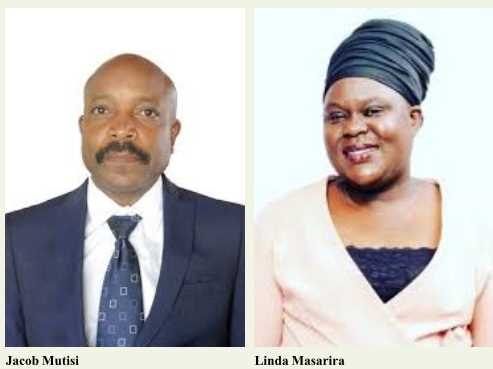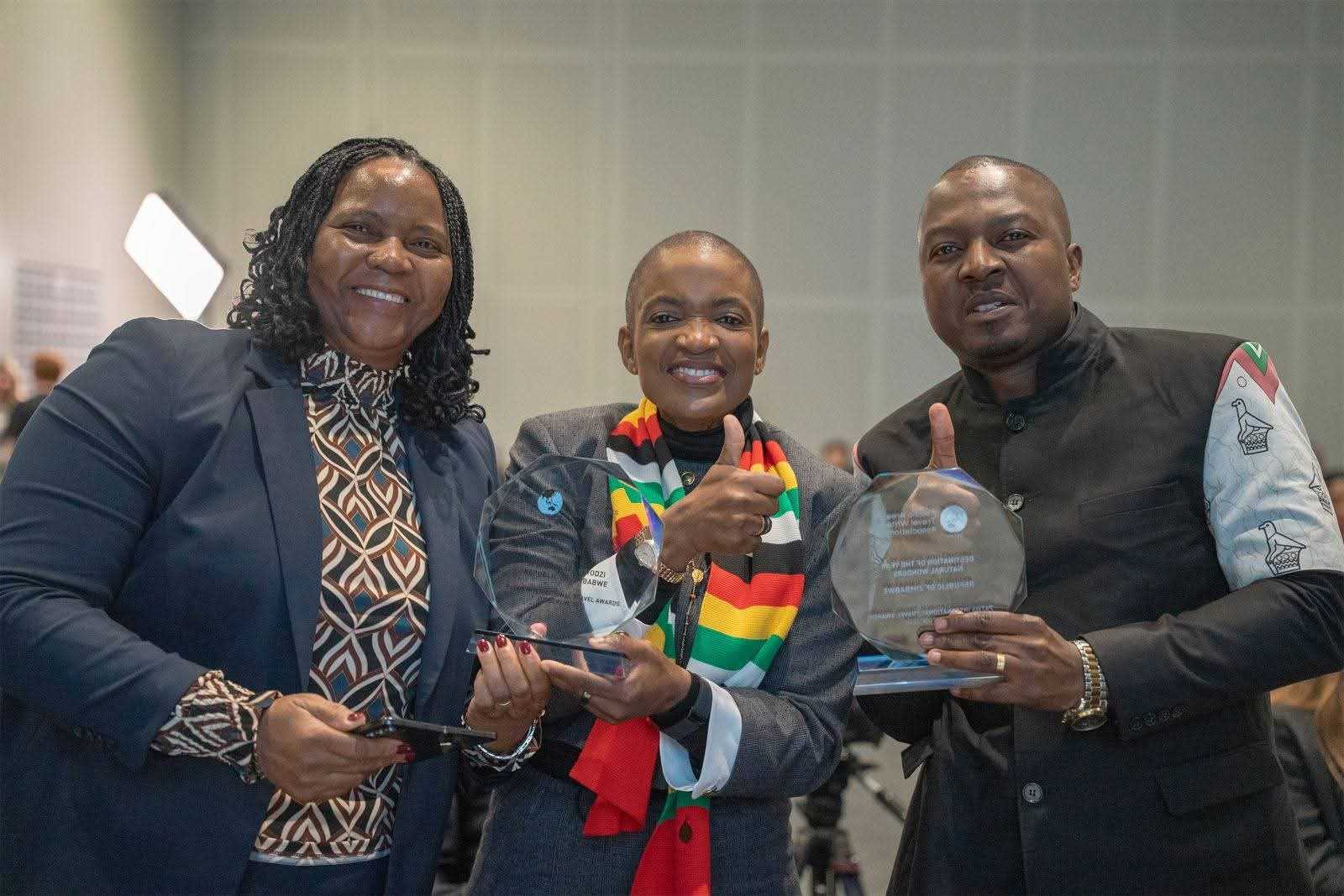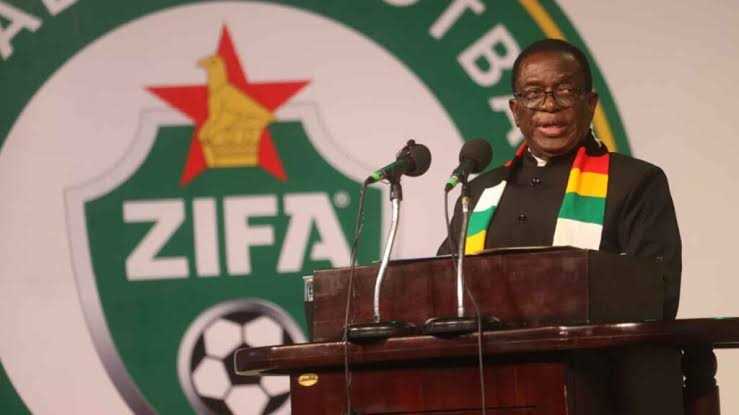
Oscar J Jeke
Zim Now Reporter
In his statement lambasting a religious grouping that spoke against the movement to push for constitutional amendments that would see President Emmerson Mnangagwa’’s term extended beyond 2030, Information Minister Jenfan Muswere implied that there would be no national referendum, inciting wide dissent.
In the statement Muswere explicitly stated: “Submissions by Honourable Members of Parliament reflect the aspirations of those who voted the constituencies they were elected to serve,” implying that the MPs’ decisions on this matter are seen as a substitute for direct public engagement.
While the minister also said “The proposal to move a motion on the Presidential Term Limit Extension will follow the provisions of the law” there has been speculation that there are technical loopholes that allow compliance with the legal framework entirely through the legislative route without presenting the matter to a referendum.
Muswere who accused civil society groups and churches of misrepresenting the government’s intentions, labeling their dissent as narrow and donor-driven has triggered backlash, including from within ZANU PF.
ZANU PF gained a two thirds majority in the legislative houses after the Citizens for Coalition Change power struggles in which Sengezo Tshabangu recalled several MPs and others resigned in solidarity with outfoxed leader Nelson Chamisa.
Assuming that all ZANU PF legislators will support the pro-2030 drive, the amendments will sail through.
Kudzai Mutisi, a prominent ZANU PF supporter, criticized Muswere’s approach, stating on his X handle: “The 2030ists will FAIL because the agenda is being fronted by shallowheads… MPs can’t represent the people’s voice on this matter. No one voted for an MP based on removing term limits.” Mutisi also accused Muswere of failing to present a compelling case for the extension.
An unsigned statement circulating on WhatsApp purporting to be by Mashonaland West ZANU PF members says that high ranking party representatives have no right to speak on behalf of the people since their pro-2030 stance is not informed by wide grassroots consultation and consensus.
MDC Alliance spokesperson Lloyd Damba said, “The proposed amendments are self-serving and very selfish, which may lead to civil strife. By openly bullying the church, the government makes it clear dissent is a no-go area.”

Linda Masarira of LEAD called for nationwide consultations and public engagement, emphasizing the need for inclusivity. “Any changes to governance must reflect the will of the people. Public engagement is not merely a formality but a necessity for building trust,” she said.
Related Stories
Other voices on social media and other platforms have added their disquiet over the development.
Ernest Mudzengi warned the move could undermine constitutional integrity. “It sets a dangerous precedent for power transitions and contravenes Zimbabwe’s foundational principles,” he stated.
Kudakwashe Munemo echoed these sentiments, noting, “Other capable leaders can guide the country forward. The President should focus on fulfilling his 2023 promises rather than altering the Constitution.”
While Muswere said that the church position reflects narrow interest, views of ordinary citizens on Harare streets do not bear that position out.
Most openly expressed their desire to see the incumbent president exit office in 2028 but asked to remain anonymous saying that there is a tenseness in the air.
“Honestly, I don’t even know what Vision 2030 is. Is there a blueprint, or is this just a gimmick to extend the presidential term?” said one resident.
Another one said while she appreciates ED’s achievements, she does not think that extension serves the national interest.
“Objectively speaking he has had some wins, the infrastructure development being one. But he has failed to deal with corruption which has worsened. A new administration is needed to clean out the system,” she said.
The Crisis in Zimbabwe Coalition, an umbrella body of several civil society organizations, held a meeting on Wednesday to come up with ways to resist the amendments of the Constitution.
The proposal, forwarded by MPs Energy Mutodi and Charles Moyo, seeks to amend sections of the Constitution to allow term extensions, enabling Parliament to determine the President's additional tenure.
President Mnangagwa has repeatedly stated that he has no intention of remaining in power after his second term. Presidential spokesperson George Charamba distanced the office from the constitutional reform process: “The designated role of the President of Zimbabwe in such situations is not to tamper with expressions of viewpoints from the citizenry; rather, it is to allow those viewpoints free play for as long as they remain within the remit of our Constitution,” Charamba stated.


















Leave Comments